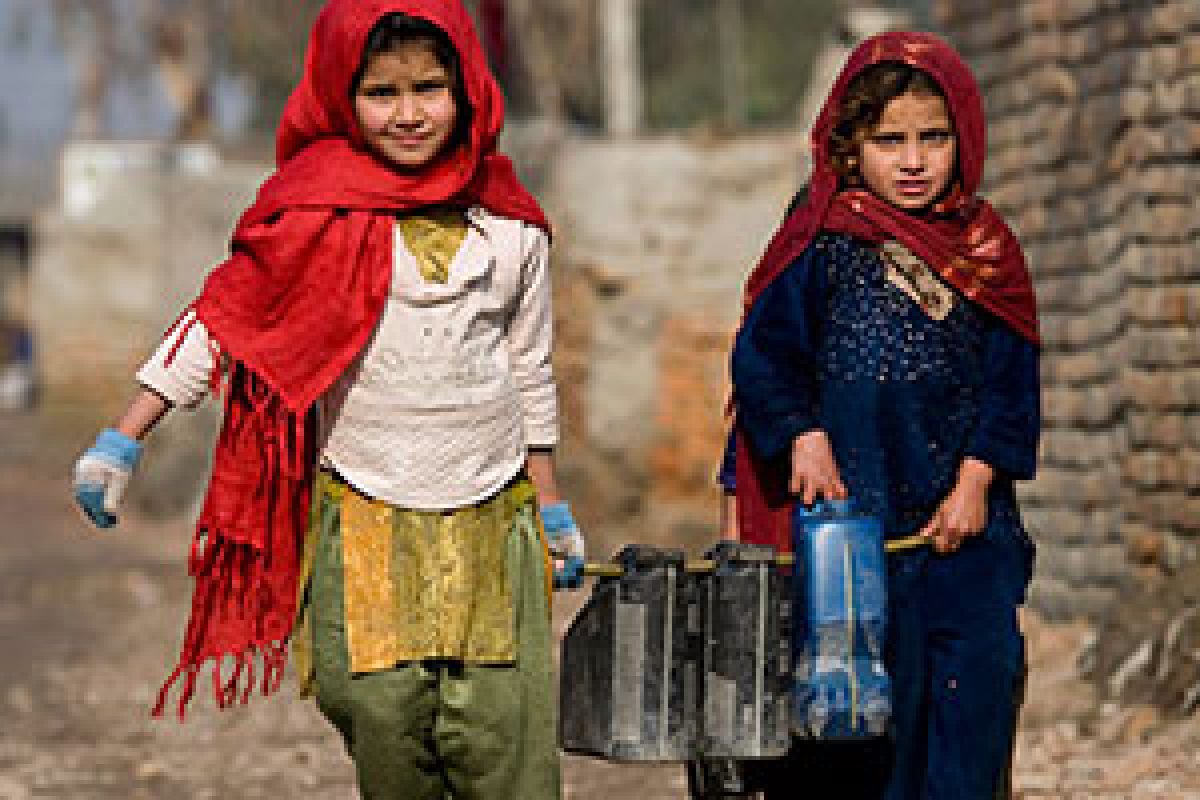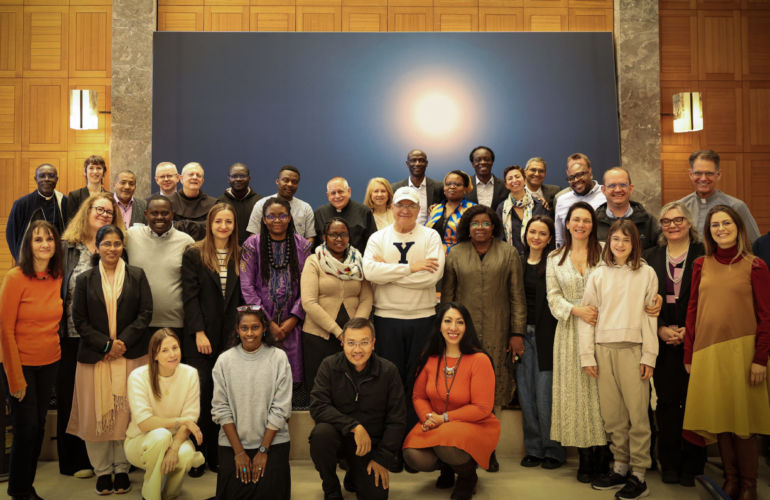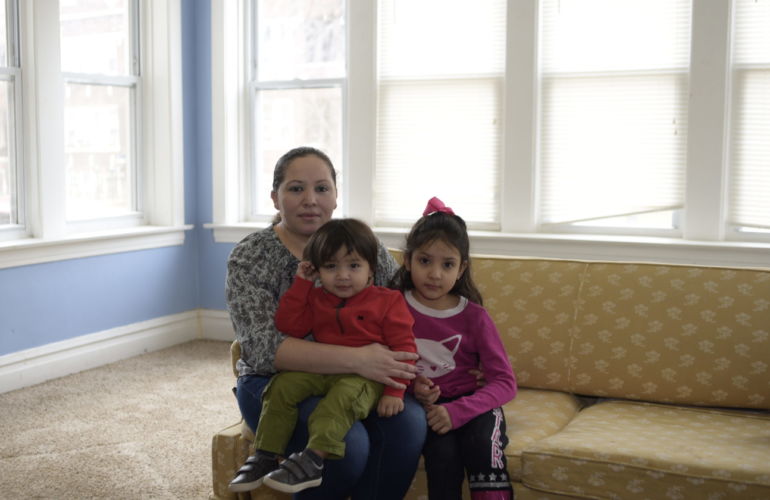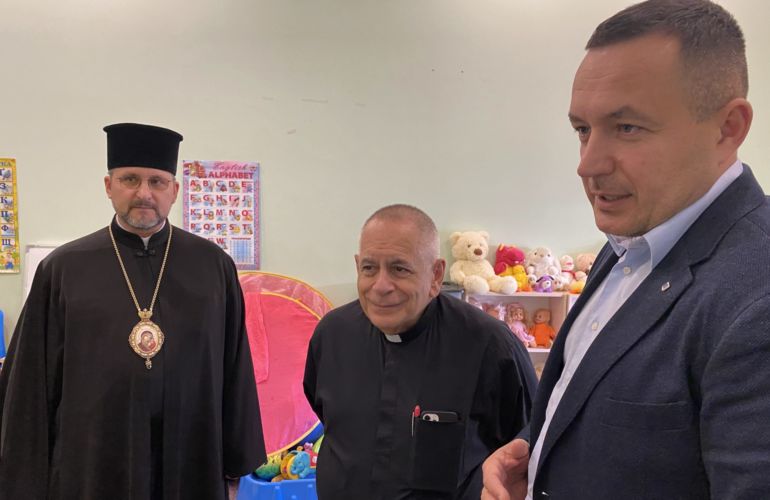Afghan Refugees in Pakistan Benefit From Improved Access to Sanitation Services

In order to improve access to safe drinking water and sanitation services for Afghan refugees living in Pakistan, ICMC expanded its activities through a water, sanitation and hygiene services (WASH) project recently implemented in the Munda refugee camp.
Densely populated by Afghan refugees, the Munda village – located in the Charsadda district, Khyber Pakhtunkhwa Province – has so far received little assistance from humanitarian organizations due to its remote location and to security concerns. As a consequence, living conditions in the camp are challenging. An initial assessment, undertaken by ICMC at the end of 2015, pointed to the fact that refugees were facing severe hygiene and health-related problems due to a lack of access to water and sanitation. Only six communal water pumps for approximately 2,700 households (22,250 individuals) were functional in the camp, and the water itself was at high risk of contamination. The lack of latrines, proper garbage disposal, and drainage systems also posed serious threats to the health of the community.
Funded by the Swiss Agency for Development and Cooperation (SDC), ICMC’s WASH program was started in December 2015. During an initial phase, the ICMC staff had instituted two WASH committees within the refugee communities, so to ensure the involvement of the camp’s residents in all activities and to make the program more sustainable over time. The committees had supported the project team in conducting social surveys, assessing water quality and supply schemes, installing water purification systems, and rehabilitating drainage pipes. Hygiene promotion activities had also been organized for both adults and children.
From March 2016, ICMC Pakistan was then able to further extend the range of its assistance. In the span of three months, awareness sessions were conducted in various parts of the camp with around 190 community members, focusing on personal and environmental hygiene. Health and hygiene kits – containing among others toothbrushes, toothpaste, soap, and lice combs – were given to over 500 children; ICMC also produced, printed and distributed around 2,100 brochures, calendars, and posters, so to disseminate information about best sanitation practices. In addition, ICMC provided capacity-building workshops to its own project staff, so to enable them to deliver children hygiene and sanitation training (CHAST), as well as to the community representatives, who learnt about cost-effective methods to purify domestic water.
The WASH program will further develop in the next months including through the installation of water pumps and latrines and the provision of additional training to the community. The program aims to ultimately reach around 2,700 Afghan refugee households, comprising of 22,250 individuals (men, women, and children), by the end of December 2016.
Further information on ICMC’s WASH program in Pakistan, including updated figures and pictures, can be found on the relevant program page.


